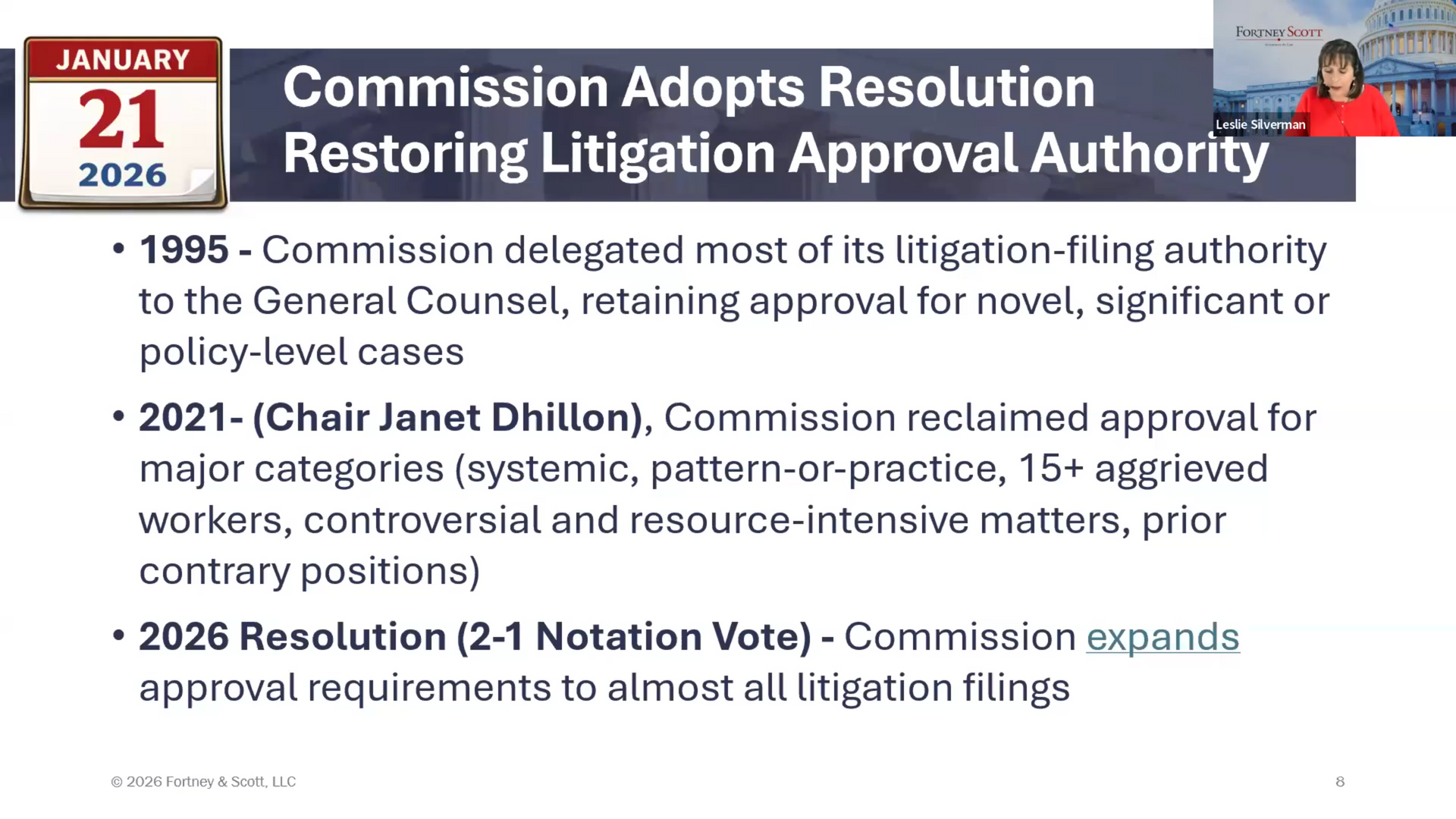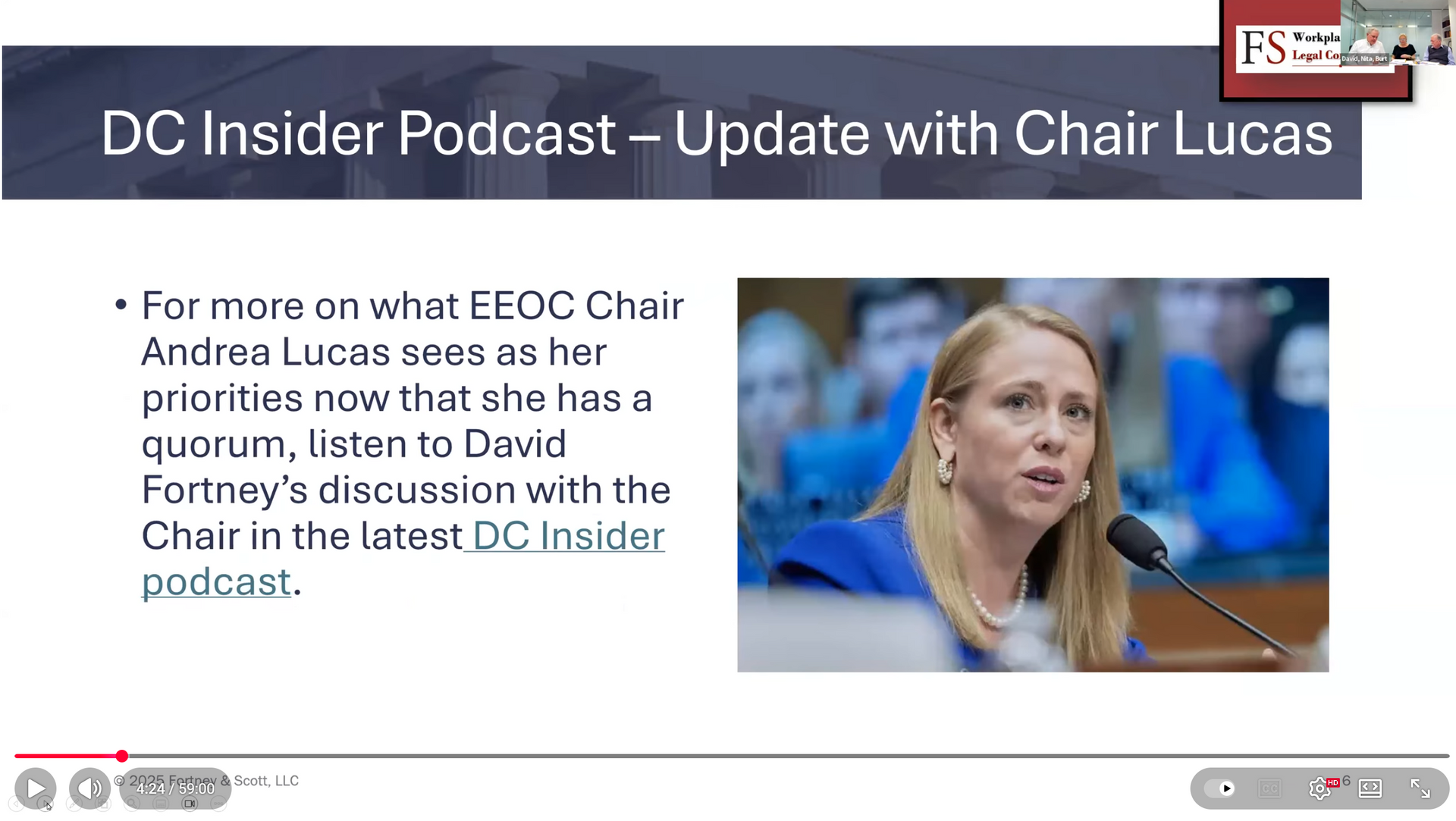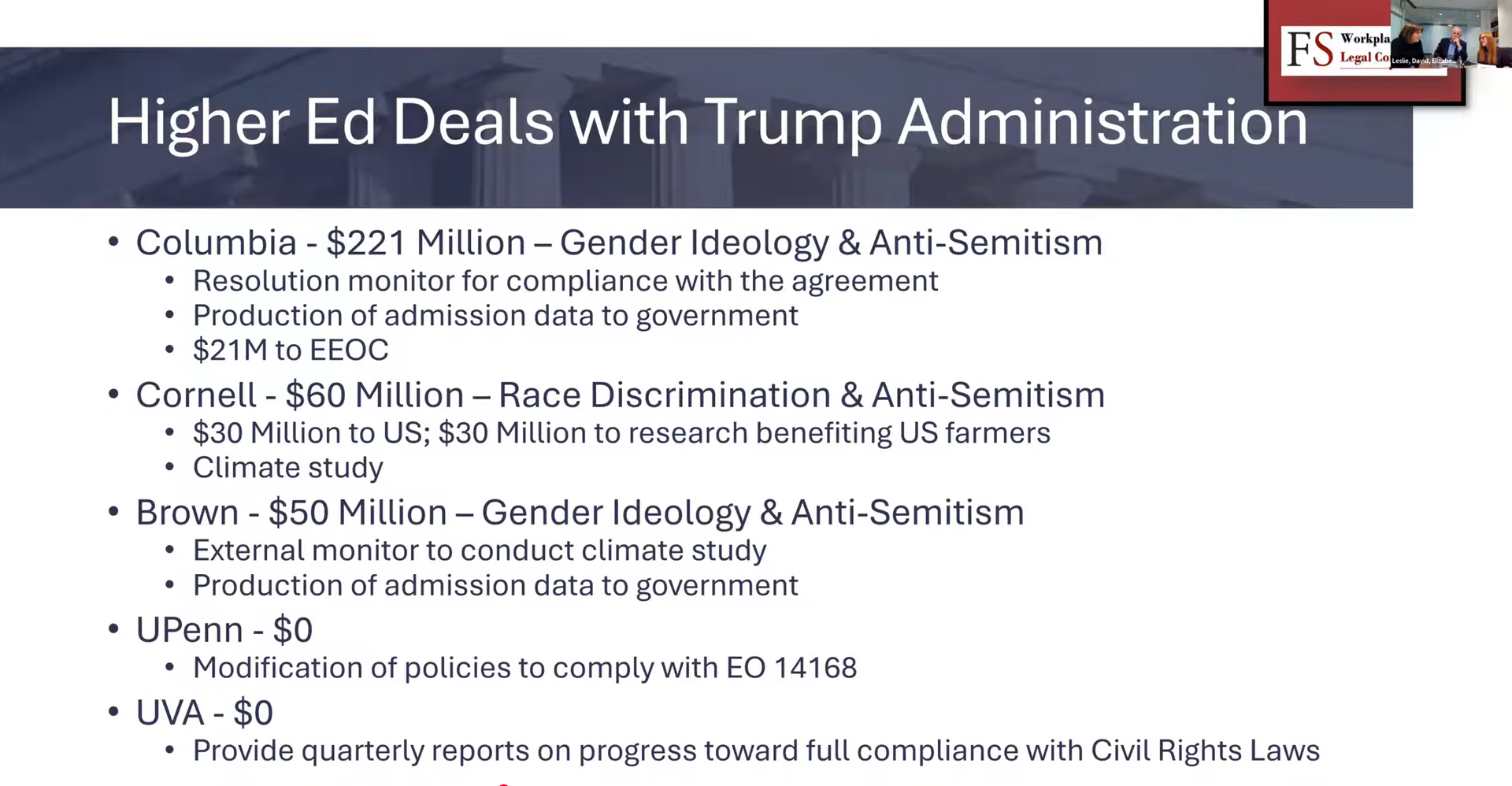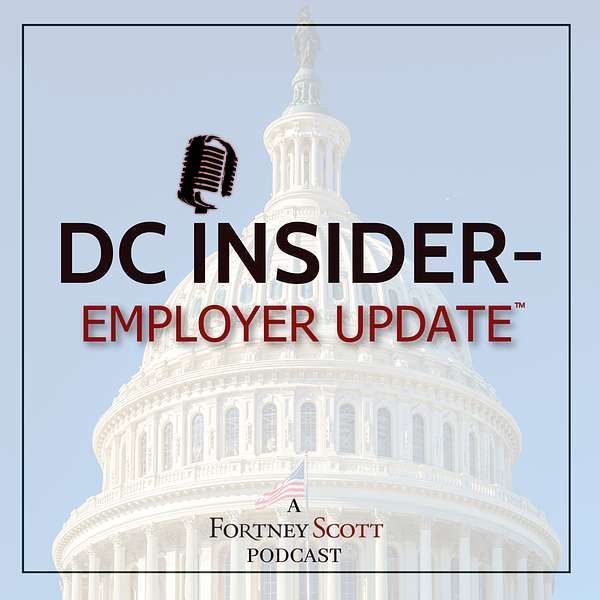Supreme Court Decides False Claims Act Case: Universal Health Services, Inc. v. Escobar
On June 16, 2016, the Supreme Court issued its unanimous decision in Universal Health Services, Inc. v. Escobar (No. 15-7). The decision, authored by Justice Clarence Thomas, is significant for federal contractors because it affirms False Claims Act (FCA or the Act) liability under the theory of implied false certification. In addition, the opinion addresses the contours of the materiality standard of the FCA and defines when implied false certification breaches or violations are actionable under the Act.
What is Implied False Certification?
Under the theory of implied false certification, when a defendant submits a claim, it tacitly certifies compliance with all of the Governments conditions of payment. Thus, the Court has now held that if a defendant fails to disclose a violation of a material statutory, regulatory, or contractual requirement, the defendant may be found to have made a misrepresentation that renders the claim false or fraudulent. Violations of the FCA can lead to potential civil penalties of up to $10,000 per false claim and the assessment of treble damages. (See FortneyScotts alert dated June 17, 2016 about FCA.) The decision in Universal Health resolves a split among the Federal Circuit courts over the validity and scope of the implied false certification theory of FCA liability.
Factual Background
Universal Health owned and operated a mental health facility in Lawrence, Massachusetts. After a patient died from an adverse drug reaction, the states investigation revealed that few of the facility's employees were actually licensed to provide mental health counseling and received minimal supervision. The state ultimately issued a report detailing over a dozen Massachusetts Medicaid violations governing the qualifications and supervision required for staff at a mental health facility. Invoices submitted by the facility identified treatments upon which the federally-funded payments were to be made.
In 2011, the parents of the deceased patient filed a qui tam suit in federal court alleging that Universal Health violated the FCA under the theory that the invoices were conditioned on the implied certification that the services were performed by qualified medical personnel when they were not, in fact, qualified.
Key Holdings
1. Implied false certification can be a basis for FCA liability
The Court concluded that implied false certification can be a basis for FCA liability when two conditions are met: (1) the claim does not merely request payment, but also makes specific representations about the goods or services provided, and (2) the defendants failure to disclose noncompliance with material statutory, regulatory, or contractual requirements makes those representations misleading half-truths.
In this case, Universal Health submitted claims to Medicare using payment codes for the patients medical care. In doing so, it represented that certain types of medical professionals had provided specific kinds of treatment. By conveying this information without disclosing [Universal Health's] many violations of basic staff and licensing requirements for mental health facilities, the Supreme Court held that Universal Health's claims constituted material misrepresentations.
2. FCA liability is not limited to misrepresentations about express conditions of payment
The Court further held that a contractors liability is not limited to where it fails to disclose the violation of a contractual, statutory, or regulatory provision that the government expressly designated as a condition of payment. The Court held that these and other provisions that were not expressly designated also might be material conditions to payment and, therefore, a contractors failure to disclose a noncompliance with those provisions might constitute an implied misrepresentation. As the Court explained, a statement that omits critical facts is a misrepresentation irrespective of whether the other party has expressly signaled the importance of the qualifying information.
3. A defendants misrepresentation about compliance must be material to the Governments payment decision in order to be actionable
The Escobar decision also addresses the FCAs materiality requirement. The Court states that the materiality standard is a demanding one and that the FCA is not intended to be used as an all-purpose antifraud statute? to remedy trifling breaches or noncompliance.
The Escobar decision explains the mere fact that the Government labels a requirement as a condition of payment is not enough to establish materiality, although it may be relevant to the inquiry. Proof of materiality can include evidence that the defendant knows the government consistently refuses to pay claims based on particular noncompliance. On the other hand, knowledge that the government pays particular claims despite its knowledge of violations suggests that a requirement, even one that is expressly identified, may not be material.
Finally, the Court explicitly rejected the First Circuits view of materiality that any statutory, regulatory, or contractual violation is material if the defendant knows that the government would be entitled to refuse payment if it knew of the violation.
Effect on Federal Contractors
Given the Courts holding that implied false certification will support FCA claims, plaintiffs now can allege that regulatory or statutory violations support FCA claims and seek significant monetary damages.
While federal contractors may take solace in the Courts repeated emphasis that the FCA is not an all-purpose fraud statute and that materiality cannot arise from garden-variety breaches or violations, new regulations, and those on the horizon, pose expanded risks for contractors. For example, proposed regulations implementing the Executive Order on Fair Pay and Safe Workplaces will require contractor certifications of compliance with a host of Federal and State employment and labor laws. The Supreme Courts ruling in Escobar may facilitate greater FCA claims based on the new certification requirements.
Finally, it remains to be seen how the Courts new guidance on materiality will affect litigation in FCA cases particularly with regard to the early dismissal of claims. The assessment of the implied false certification claims and likely materiality defenses are certain to raise disputed issues of material fact that may result in more protracted discovery and motion practice and trials.
Best Practices for Federal Contractors
To help mitigate these new FCA liability risks, whether submitting a proposal for a federal contract or seeking government action, inaction or payment under a government prime or subcontract, a federal contractor should ask itself:
(1) whether it is making any type of express or implied representation in its submission,
(2) whether there are any material facts that are not disclosed, or that are stated in such a way that reasonably could be considered misleading. If so, the contractor needs to consider whether it must revise or more fulsomely disclose in its submission to reduce the risk of an implied false certification.
Should you wish to discuss these matters further, or if you have questions, please contact your FortneyScott attorney.
















